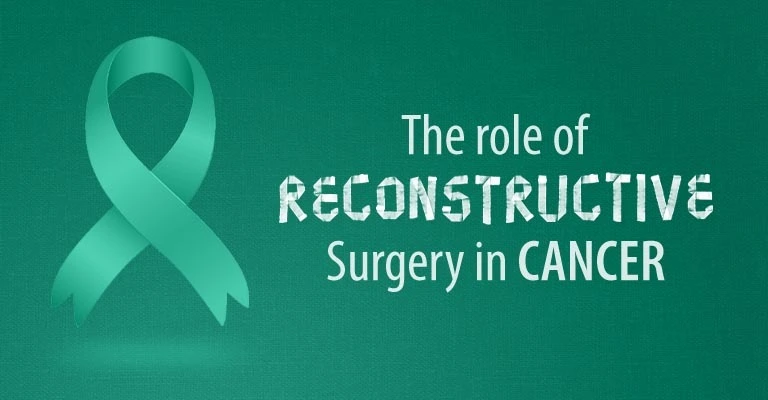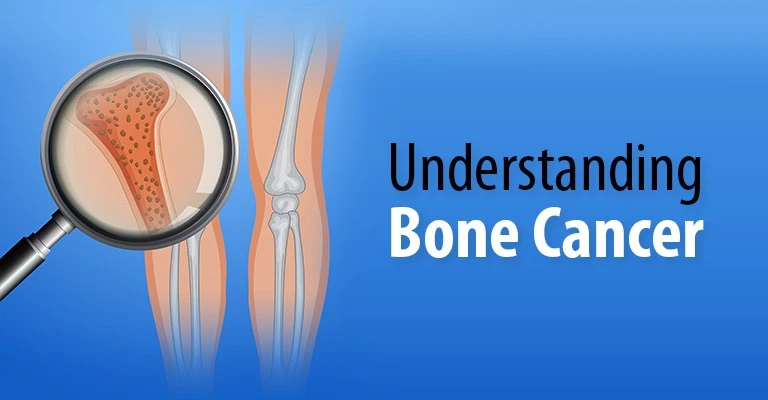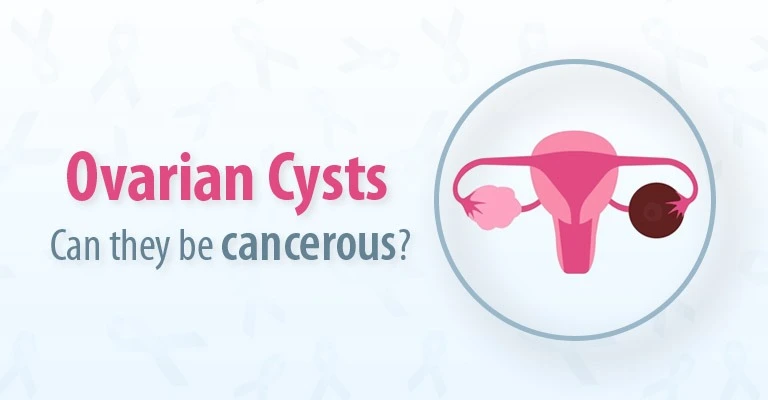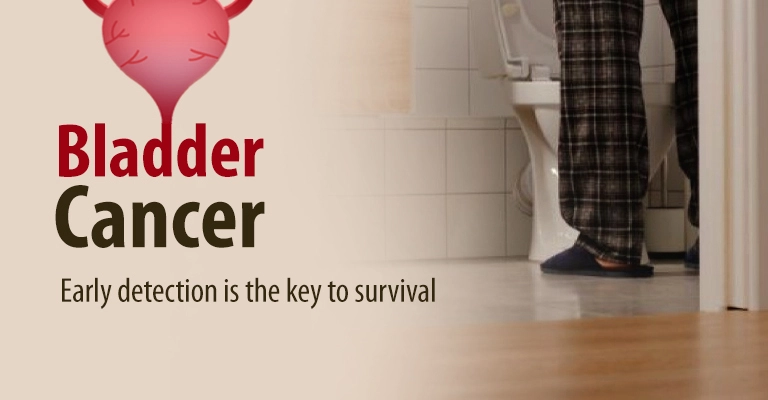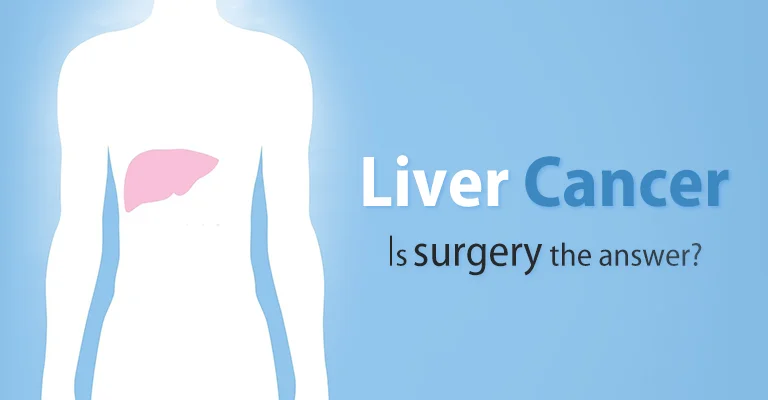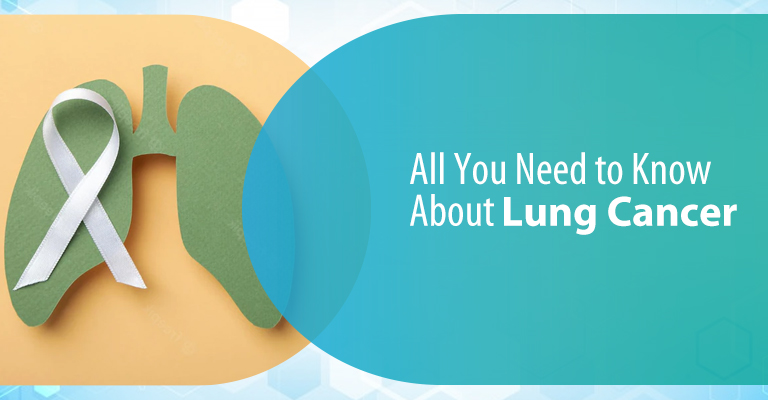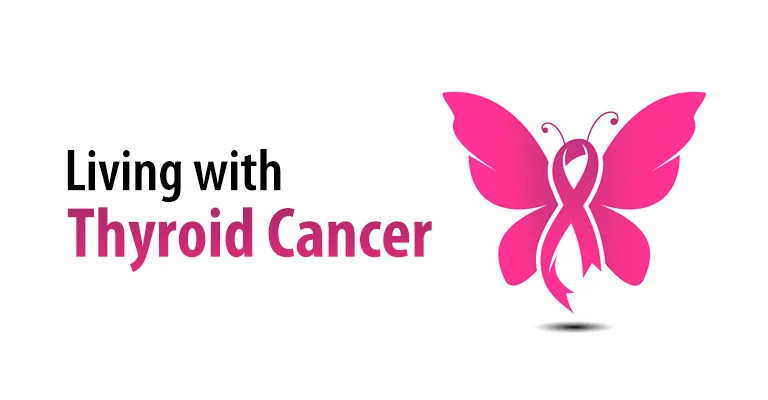
Thyroid is a small butterfly shaped gland at the base of our neck, below the Adam’s apple. The hormone produced here regulate our metabolism, heart rate and body temperature. Sometimes nodules are formed in thyroid that may or may not be malignant. Thyroid cancer is a form of endocrine cancer that is usually treatable, and the cure rate is very high.
Almost 80% of thyroid cancers occur in the papillary muscles and are rarely fatal. Follicular, medullary and anaplastic are the other kinds of thyroid cancers, of which the last is the most aggressive and the toughest to treat.
Who is more prone?
Women who are 40 or 50-plus age group, and men who are over 60 or 70 years old, are more at risk of developing this disease. Rare cases can be found in children too. Some of the known risk factors are:
- Enlarged thyroid or goitre.
- A family history of thyroid disease or cancer
- History of thyroiditis or inflammation of the thyroid gland
- Genetic changes that cause endocrine diseases
- Less intake of iodine
- Being overweight or having high BMI
- If you have undergone radiation therapy earlier for cancer treatment
- If you have been exposed to any radioactive material
What are the signs and symptoms?
A lump or growth called nodule sometimes develop in the neck region. While most of these are benign, a few turn out to be cancerous. Thyroid cancers are diagnosed through blood tests, biopsy and imaging. Some of the other signs to look out for are:
- Breathing difficulty and problem in swallowing
- Losing one’s voice or the voice becoming hoarse
- Lymph nodes in the neck that are swollen
Treatment/management protocols for thyroid cancers
The treatment plan is dictated by the size and spread of the tumour. They include:
- Surgical: Usually the first line of treatment
- Radiation therapy: May be required in isolation or post-surgery for targeted destruction of cancer cells
- Chemotherapy: A combination of cancer drugs are given intravenously or orally to stop the growth of the disease
- Hormone therapy: Blocks the release of hormones that are known to catalyse the growth of cancer cells
Nowadays, “watchful waiting”, also referred to as ‘active surveillance’ is another treatment plan that is gaining currency in certain types of thyroid cancer. In this, the doctors closely monitor a patient’s cancer, but don’t treat it with surgery, radiation, or medication immediately. Of course, active surveillance is an option only for papillary thyroid cancer, and only for small tumours that haven’t metastasized.
What is the survival rate?
The survival chances are almost 100% in case of papillary cancer when it has not spread beyond the gland. Even after metastasis, almost 80% of cancer victims get cured. For follicular and medullary thyroid cancers, survival rate is also very good if the cancer is localized. For anaplastic thyroid cancers, the outlook is bleaker, particularly when metastasis has occurred.
So, most people can live a long and full life with thyroid cancer, since the treatment success rate is so high in most cases. However, it’s advisable to seek medical advice if you feel a lump in the neck, sudden increase in heart rate, unexpected change in weight or unexplained tiredness. are experiencing:
Living with and through thyroid cancer
A thyroid cancer patient has to experience the whole gamut of emotions stemming from living with, through, and beyond thyroid cancer. It begins at diagnosis and continues during treatment and through the rest of the person’s life. In this journey, the patient will need all the support she/he can get from family members and the care team. The trauma of long-term treatment isn’t easy to endure and patients must be aided along the way to navigate the changes and challenges resulting from their cancer diagnosis and treatment.
Different individuals react differently to these challenges. The range of emotions could vary from joy to concern to relief, sometimes even guilt and often fear of recurrence. Persistent fear and anxiety should be addressed by the healthcare team so that its impact on day-to-day life can be softened. At the same time, survivorship can serve as a strong motivator to effect lifestyle changes.
Here are some simple coping mechanisms that might help:
- Recognize your fears and talk about them
- Understand the challenge before you
- Think positively about solutions
- Ask for and allow others to support
- You must try to feel comfortable with whatever course of action you choose
Cancer rehabilitation could entail a whole host of support services including physical therapy, career counseling, pain management, nutritional planning, and/or emotional counseling. The goal of rehabilitation is to help people regain control and stay as independent as feasible under the circumstances.
Follow-up care is equally critical to check for recurrence.
Care at Medica Cancer Hospital
Medica’s team of clinicians, surgeons, therapists and rehab specialists offers a bouquet of comprehensive services to diagnose, treat and rehabilitate thyroid cancer patients. We are with you throughout your cancer and post-recovery journey to ensure a good quality of life.




